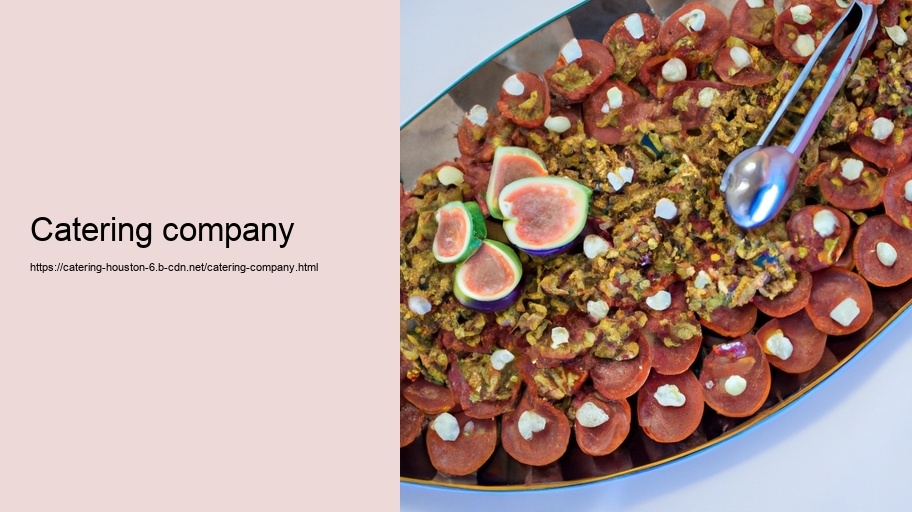Title: The Essence and Evolution of Catering Companies
As we navigate through the bustling maze of modern society, the significance of catering companies becomes increasingly evident. These culinary enterprises are not mere vendors of food; they are the architects of ambiance, the purveyors of hospitality, and an integral component in orchestrating events that resonate with personal touch and professional finesse.
Catering companies have their roots deeply entrenched in history. From grand feasts in ancient empires to lavish banquets during the Renaissance, there has always been a demand for those who could provide exquisite food for large gatherings. However, it was not until the 19th century that catering began to resemble what it is today – a service industry dedicated to providing meals for events such as weddings, corporate meetings, and social gatherings.
In essence, a catering company functions as a mobile restaurant without the limitations of a fixed location. It brings the kitchen to you—whether at an office building for a business lunch or in an isolated meadow under stars twinkling like scattered diamonds at a rustic wedding reception. This versatility allows clients to transform any space into an arena for gastronomic delight.
The core strength of any reputable catering company lies within its team—a symphony of chefs, event planners, servers, bartenders, and support staff all working harmoniously to deliver an unforgettable experience. At the heart is often an executive chef whose vision translates into dishes that are both visually stunning and palate-pleasing. They must consider dietary preferences and restrictions while never compromising on taste or presentation.
Cuisine options offered by caterers have evolved over time from traditional local fare to include global flavors reflecting our diverse societies. Menus now boast vegan entrees alongside sous-vide steaks; gluten-free breads beside artisanal cheeses; organic salads along with decadent desserts—all meticulously crafted to suit every conceivable preference.
Beyond food preparation, catering companies also manage logistical challenges with grace—the procurement of ingredients from trusted sources, ensuring each dish arrives at optimal temperature regardless of venue or weather conditions; designing layouts that facilitate smooth guest movement; coordinating timing so courses flow seamlessly from one to another without interruption or delay.
An understated yet critical aspect is how these companies adapt their services according to trends in sustainability and environmental consciousness—reducing waste through careful planning and embracing eco-friendly practices such as using biodegradable serving ware or sourcing locally grown produce whenever possible.
Let us not forget that caterers also play a psychological role—they understand how food can influence mood and atmosphere. A warm soup might comfort during winter nuptials whereas zesty hors d'oeuvres spark excitement at a product launch. Each decision about flavor profiles or plating contributes towards setting tone just as much as decorations or music selections do.
The success metrics for catering companies extend beyond satiated appetites. They measure triumphs through smiles exchanged over shared meals, bonds formed around buffet lines, deals struck over dessert trays—in short—the creation of moments worth remembering long after last morsels have been savored.
In conclusion, while it might be easy to reduce them down simply providers of sustenance outside one’s home or business place - doing so overlooks just how pivotal these enterprises truly are within contemporary culture. Catering companies embody artistry coupled with operational precision; they represent tradition infused with innovation—and most importantly—they foster community by bringing people together around one universal joy: great food.
